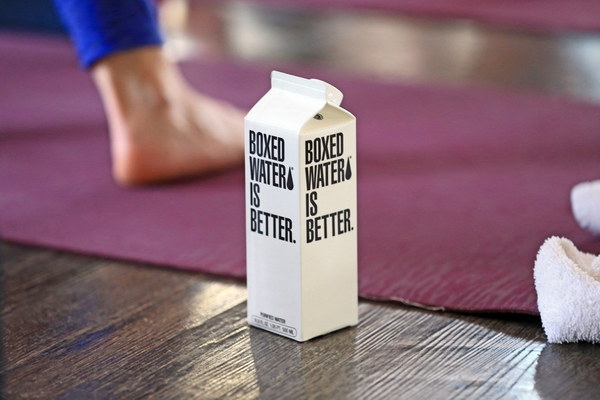Easing Itchy Skin in Children Effective Remedies and Tips for Relief
Introduction:
Itchy skin can be a common and frustrating problem for children, often leading to discomfort and sleepless nights. Whether it's due to eczema, allergies, or other skin conditions, finding effective ways to soothe itchy skin is crucial. In this article, we will explore various remedies and tips to help manage and alleviate itchy skin in children.
1. Identify the Cause:
The first step in managing itchy skin in children is to identify the underlying cause. Common causes include eczema, allergies to certain foods or environmental allergens, dry skin, insect bites, and irritants. By understanding the cause, you can tailor your approach to provide effective relief.
2. Keep the Skin Moisturized:
Dry skin can exacerbate itching, so it's essential to keep the skin well-moisturized. Opt for gentle, hypoallergenic moisturizers that are specifically formulated for sensitive skin. Apply the moisturizer within three minutes of bathing to lock in moisture. Consider using petroleum jelly or thick creams, as they provide a protective barrier on the skin.
3. Use Cool Compresses:
Cool compresses can provide immediate relief from itching. Soak a clean cloth in cool water and apply it to the affected areas for a few minutes. Repeat as needed throughout the day. Avoid using hot water, as it can further irritate the skin.
4. Avoid Scratching:
Scratching can worsen the condition and lead to infections. Encourage your child to avoid scratching by providing alternative activities to distract them. You can also use bandages or gloves to cover the affected areas, reducing the temptation to scratch.
5. Use Antihistamines and Corticosteroid Creams:
Over-the-counter antihistamines can help alleviate itching and reduce inflammation. Consult with your pediatrician to determine the appropriate dosage for your child. Additionally, corticosteroid creams or ointments can be prescribed to reduce inflammation and provide relief. Always follow the instructions provided by your healthcare professional.
6. Create a Hypoallergenic Environment:
Minimize exposure to allergens that can trigger itchy skin. Keep your child's living environment clean and dust-free. Use hypoallergenic bedding, vacuum regularly, and avoid using harsh chemicals in cleaning products. Consider using air purifiers to improve air quality.
7. Maintain a Healthy Diet:
Certain foods can trigger or worsen itchy skin in children. Keep a food diary to identify any potential allergens and consult with a healthcare professional for dietary recommendations. Ensure your child consumes a well-balanced diet rich in essential nutrients to support skin health.

8. Regular Baths:
Bathing can help soothe itchy skin and remove irritants from the skin's surface. Use lukewarm water and avoid long, hot baths, as they can strip the skin of natural oils. After bathing, gently pat the skin dry and apply a moisturizer immediately.
9. Dress in Comfortable Fabrics:
Choose soft, breathable fabrics for your child's clothing, as rough or tight-fitting garments can exacerbate itching. Avoid synthetic materials that can irritate the skin. Opt for natural fibers like cotton or silk, which are gentle and comfortable.
Conclusion:
Managing itchy skin in children requires a combination of identifying the cause, maintaining skin hydration, and implementing various remedies. By following these tips and seeking guidance from healthcare professionals, you can help soothe your child's itchy skin and improve their overall comfort and well-being.









